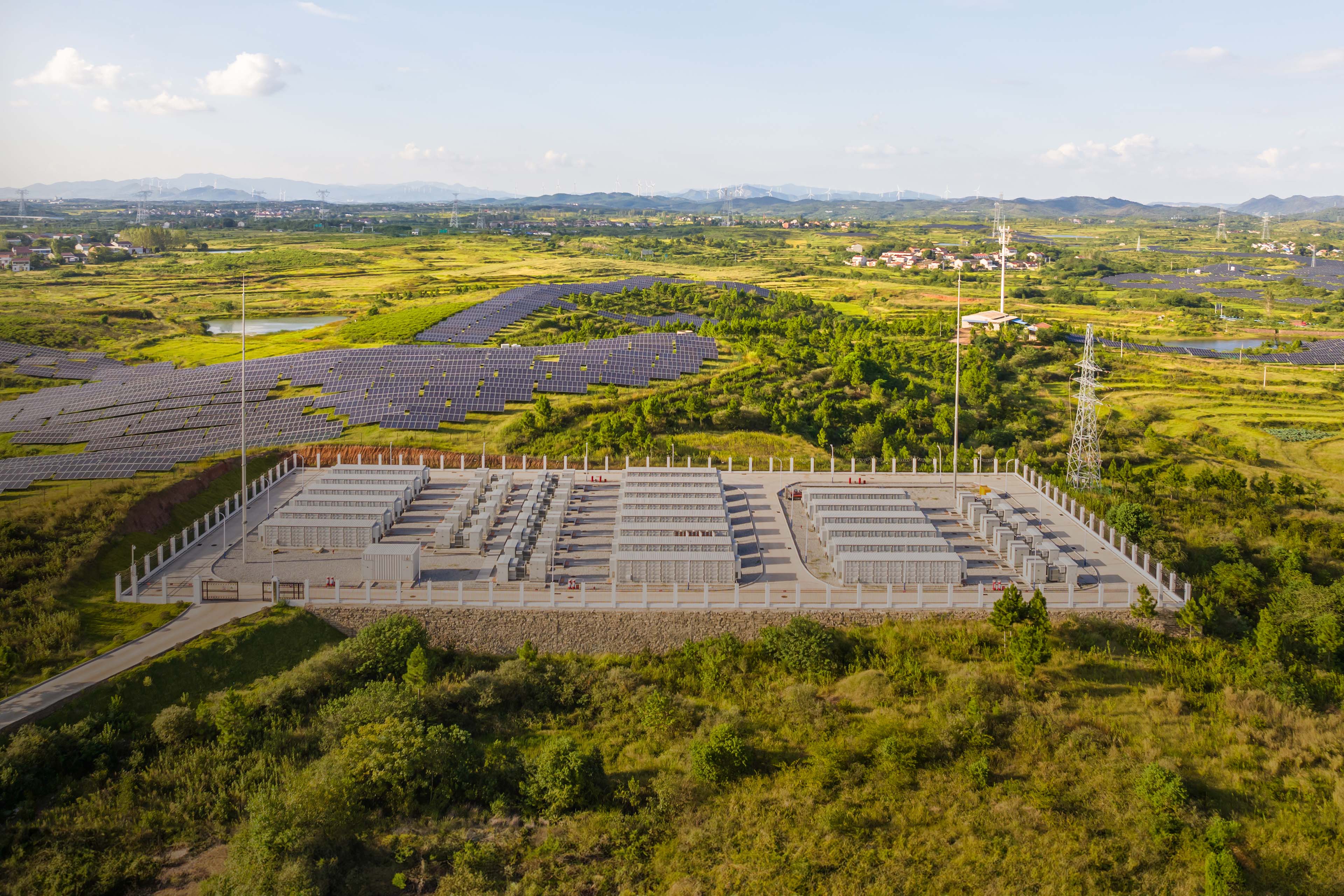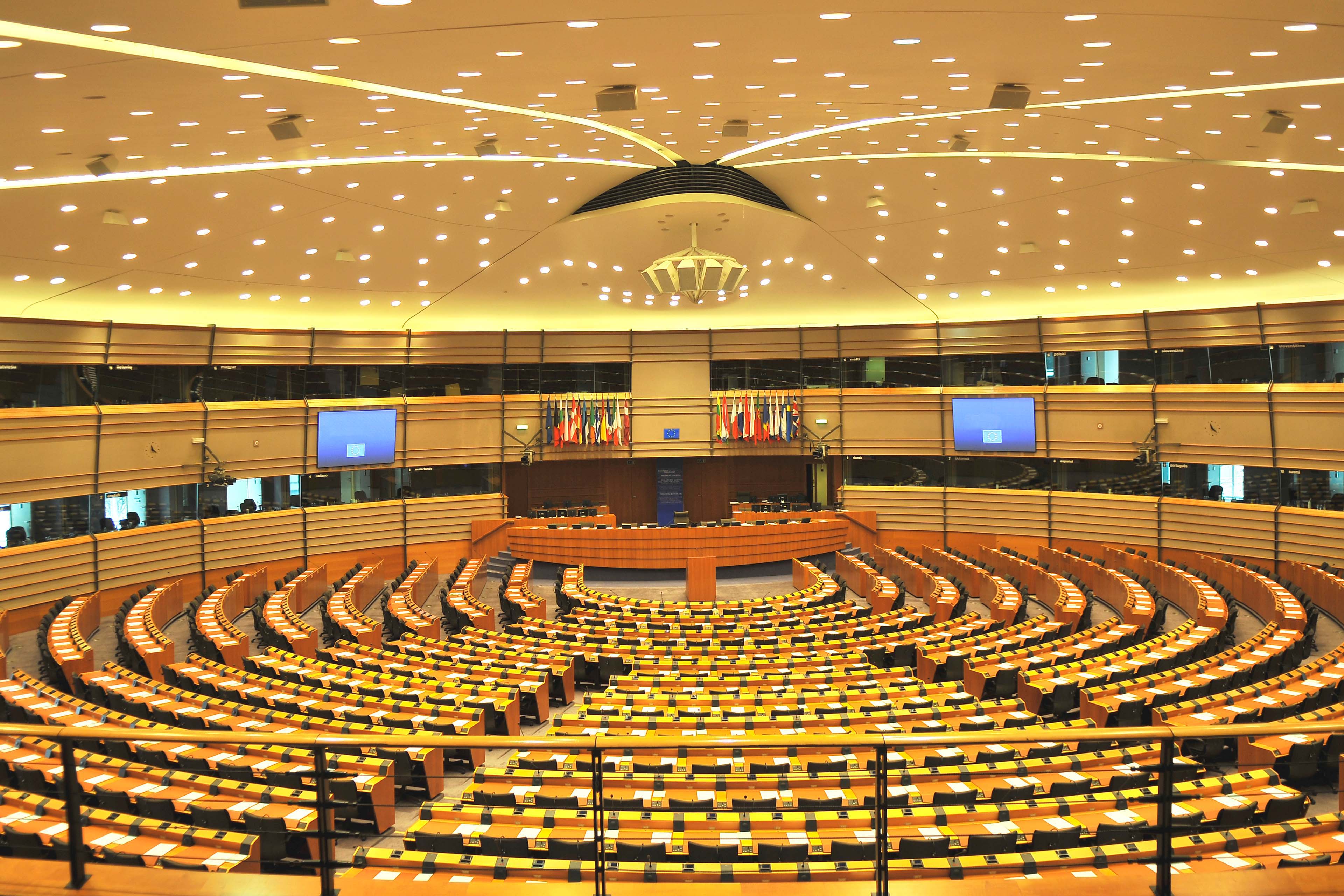EY refers to the global organization, and may refer to one or more, of the member firms of Ernst & Young Global Limited, each of which is a separate legal entity. Ernst & Young Global Limited, a UK company limited by guarantee, does not provide services to clients.
EY announces new manifesto to boost EU competitiveness
- 23 comprehensive policy recommendations set out by the EY organization to make improvements in key priority areas including trade, sustainability and digital transformation
- Closer public-private collaboration urged alongside simpler regulation and investment in green innovation and future skills
The EY organization today announced the release of its vision for European competitiveness, a blueprint to help policymakers drive the European Union (EU) forward over the next five years and boost economic growth.
According to EY research published earlier this year, Foreign Direct Investment (FDI) into Europe declined in 2023, falling by 4% compared with 2022, and dropping to 11% lower than in 2019, just before the COVID-19 pandemic hit. Despite hopes of a post-pandemic bounce back, slow economic growth, spiraling inflation, soaring energy prices and a challenging geopolitical environment caused the first downturn in European FDI since 2020.
The EY manifesto outlines five core priorities that will be crucial for arresting the downturn and helping to ensure Europe's success with 23 targeted policy recommendations, drawing from in-depth surveys and industry insights.
Julie Linn Teigland, EY EMEIA Area Managing Partner, says:
“Europe's resilience and growth are not just economic imperatives – they are essential for the wellbeing of all its citizens. As Europe sets ambitious priorities for its future, this Manifesto is a solid framework for EU policymakers to embrace change, drive innovation and foster an environment where competitiveness, security, sustainability and digital transformation are the foundations of a thriving European economy. With the EU striving to enhance its security, achieve carbon neutrality, and lead in AI and data governance, businesses must partner with the public sector to build trust, scale technological advancements, and drive sustainable growth in a way that benefits all stakeholders. Together, we can accelerate Europe's leadership on the global stage, making it a hub of stability, opportunity, and sustainable growth for future generations.”
The five key priority areas identified in the manifesto are:
1. Boosting international trade and investment
The next five years will see the EU facing a complicated and challenging geopolitical environment, with significant challenges to the international order. While the EU seeks to reduce its external dependencies and pursue strategic autonomy, building close trading partnerships with countries and regions has never been more important. The EY organization makes a range of recommendations focused on sustainable international trade and investment, the rules-based trading system and the importance of trusted partnerships amid growing international competition.
2. Unlocking the EU’s competitiveness to deliver sustainable growth
According to the manifesto, competitiveness should be the cornerstone of EU policy. The digital and green transitions should be framed by the EU in terms of competitive advantage rather than regulatory burden. Other issues such as the cost of doing business, should be managed effectively to avoid undermining Europe’s attractiveness. The EY organization recommendations included in the manifesto are focused on helping the EU actively demonstrate that it is open for business, simplify tax legislation, help deliver on the capital markets union, strengthen unity through the single market and combat financial crime.
3. Driving the EU’s digital transition by innovating with integrity
The rate at which digital technology – including artificial intelligence (AI) – is being developed and deployed is impacting more aspects of EU citizens’ lives than ever before. As technological advancements reshape the global economy, there will be new opportunities and new risks. To help make this a reality, the EY organization recommends adopting an approach toward regulation “as little as possible but as much as needed,” while aligning regulation and standards internationally wherever possible, leading the way on developing global verifiable standards, harmonizing data regulation and keeping people safe.
4. Aligning prosperity with sustainability goals
The EU is leading the way toward climate neutrality and a more resilient and circular economy. According to the EY European Attractiveness Survey 2024, 67% of respondents consider Europe better than other regions in supporting their businesses to achieve their sustainability plans. To build on this, the EU should streamline environmental, social and governance (ESG) reporting, incentivize green innovation and catalyze efforts toward net zero through collective action.
5. Championing the EU’s commitment to skills and talent
As we prepare for a greener and ever-more digital future, equipping citizens and today’s workforce with the right skills is not just a nice-to-have but an imperative for all stakeholders involved, from governments to businesses and civil society, to bolster the EU’s competitiveness and resilience. To make this a reality, according to the manifesto the EU should: prioritize attracting, retaining and upskilling AI and green talent; develop a standardized European skills badges framework; and equip future generations with a multifaceted education including sustainability, disruptive technologies and human skills like adaptability and resilience.
The full manifesto can be accessed here.
-ends-
Notes to editors
About EY
EY exists to build a better working world, helping to create long-term value for clients, people and society and build trust in the capital markets.
Enabled by data and technology, diverse EY teams in over 150 countries provide trust through assurance and help clients grow, transform and operate.
Working across assurance, consulting, law, strategy, tax and transactions, EY teams ask better questions to find new answers for the complex issues facing our world today.
EY refers to the global organization, and may refer to one or more, of the member firms of Ernst & Young Global Limited, each of which is a separate legal entity. Ernst & Young Global Limited, a UK company limited by guarantee, does not provide services to clients. Information about how EY collects and uses personal data and a description of the rights individuals have under data protection legislation is available via ey.com/privacy. For more information about our organization, please visit ey.com.
This news release has been issued by EYGM Limited, a member of the global EY organization that also does not provide any services to clients.
Related news
Global IPO divergence widens as Americas and EMEIA surge and Asia-Pacific slows
LONDON, 27 JUNE 2024. Globally, in the first half (H1) of 2024 there were 551 listings raising US$52.2b in capital, a 12% decrease in the number of IPOs and a 16% drop in proceeds raised year-on-year (YOY).
LONDON, 19 June 2024. The global automotive industry is on the cusp of a $660b revenue opportunity, as it shifts its focus away from internal combustion engine (ICE) vehicles to electric vehicles (EVs), according to new EY analysis.
EY announces 9 key recommendations to boost investment and make Europe more competitive
LONDON, 19 JUNE 2024. The EY organization is calling on European institutions and national governments to take nine actions to help attract more foreign direct investment (FDI), with the publication of the second installment of its Europe Attractiveness Survey 2024.
Record energy investments are failing to keep the world on track for the 2030 renewables target
LONDON, 18 JUNE. Despite last year’s surge of US$1.8 trillion in clean energy investment, including US$660 billion earmarked for renewables, investment remains below what is needed to meet the COP28 target of tripling renewable capacity by 2030.
LONDON, June 18, 2024 — The EY organization today announces a significant milestone in the launch of Microsoft Dynamics 365 Sales for EY people across the globe, paving the way for how global professional services organizations establish more unified, customer-focused sales operations.
LONDON, Monday 17 June 2024: The majority (82%) of European financial services firms' boardrooms include at least one director with experience of either a ministerial or parliamentary position or a civil service or government-appointed role, providing crucial expertise amid the 2024 election super cycle, according to the latest EY European Financial Services Boardroom Monitor.








